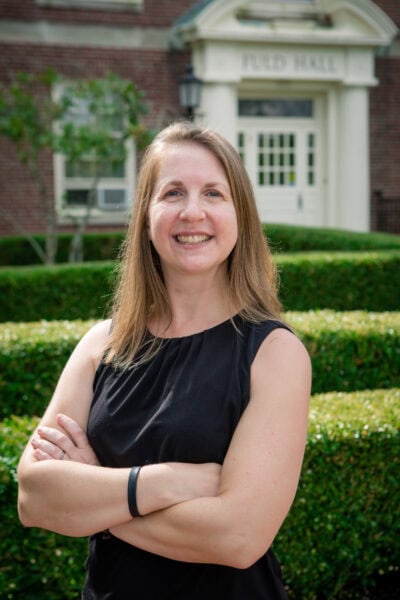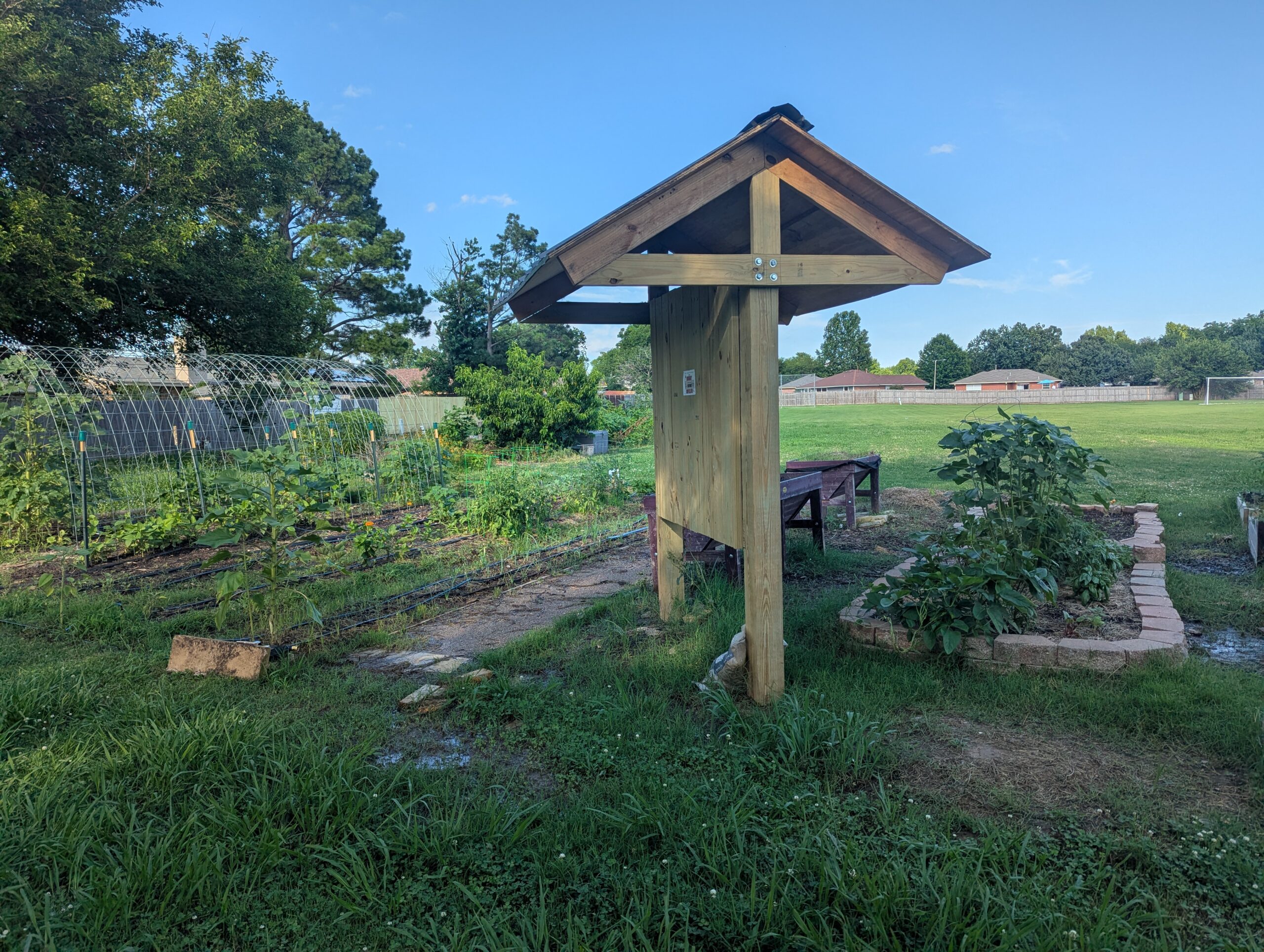Emily Klancher Merchant is an assistant professor of science and technology studies at the University of California, Davis. She lives in Sacramento, California, and has been a member since 2011.
Website: https://emilyklancher.com

Twitter: @ashleystreet
Alma maters: BA, Pomona College, 2001; MA, University of Michigan, 2005; PhD, University of Michigan, 2015
Fields of interest: science, technology, medicine, 20th-century US
Describe your career path. What led you to where you are today?
The most decisive factor in my career path was working in a historical demography lab during graduate school. Due to health issues, I needed a break from my PhD program, so I accepted a full-time job as a research assistant. Over a few years, I learned how to manage, analyze, and visualize quantitative data, and I took graduate courses in demography. The courses sparked my interest in writing a dissertation on the history of demography, and the computational skills I developed on the job smoothed my way into digital history. My research is still largely archive-based, but my engagement with digital methods opened important professional doors, first to a postdoc in the Neukom Institute for Computational Science at Dartmouth College, and then to a tenure-track job in the department of Science and Technology Studies at University of California, Davis.
What do you like the most about where you live and work?
I love the freedom and support I get from my university to pursue my research interests and to integrate them into my teaching and service. I also like that I have been able to make unexpected cross-disciplinary connections that have shaped my research trajectory in exciting ways.
What projects are you currently working on?
My main project right now is a book about the history of genetic thought and genomic data in the US social sciences over the past hundred years. I am also co-editing a volume on DNA, race, and reproduction, and a special journal issue on the historical and contemporary intersections between demography and information technology.
Have your interests evolved since graduation? If so, how?
Since graduating, I have gotten interested in how social scientists today use DNA and in researching the history that has made what they do possible, both conceptually and technically.
What’s the most fascinating thing you’ve ever found at the archives or while doing research?
One of the most fascinating things I found in the archives was a set of folders in the Population Council collection at the Rockefeller Archive Center. It held correspondence sent by the council’s president, Bernard Berelson, in an effort to get the council nominated for the Nobel Peace Price in 1972, which was the council’s 20th anniversary. Berelson felt that winning the Nobel Peace Prize would advance and legitimate the council’s overseas population control efforts. He wrote his own nomination letters and sent them out to people who could nominate him.
Is there an article, book, movie, blog etc. that you could recommend to fellow AHA members?
There are two history podcasts I have really been enjoying lately: Drafting the Past, hosted by Kate Carpenter, and Consolation Prize, hosted by Abby Mullen.
What do you value most about the history discipline?
I love that there are so many ways to do history and that anything can be subjected to historical analysis. History is the way I understand the world.
Why is membership in the AHA important to you?
Membership in the AHA is important to me because it connects me to other historians and to the discipline, especially since I do not work in a history department.
AHA members are involved in all fields of history, with wide-ranging specializations, interests, and areas of employment. To recognize our talented and eclectic membership, Perspectives Daily features a regular AHA Member Spotlight series.
This work is licensed under a Creative Commons Attribution-NonCommercial-NoDerivatives 4.0 International License. Attribution must provide author name, article title, Perspectives on History, date of publication, and a link to this page. This license applies only to the article, not to text or images used here by permission.



